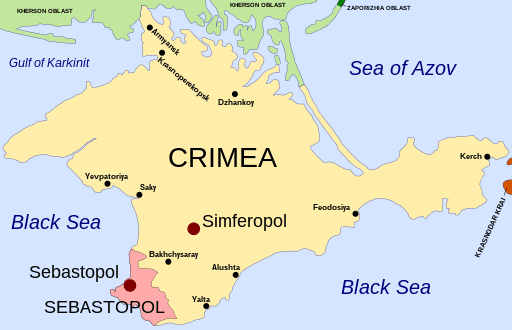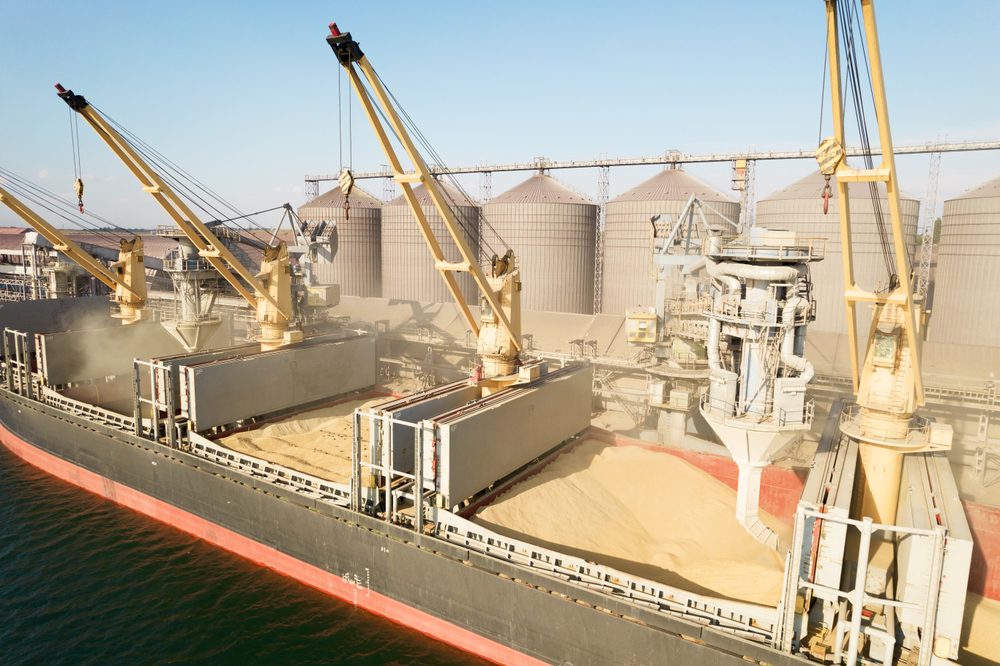In a Wednesday, November 2nd statement by its defense ministry, Russia overturned its decision to no longer take part in a UN-brokered deal helping to bring Ukrainian grain and other foodstuffs to the world market. Analysts feared that Moscow’s opting out would exacerbate global hunger.
Turkish minister Recep Tayyip Erdoğan also confirmed that Russia will resume its cooperation with the Black Sea Grain Initiative. Erdoğan added that shipments would recommence starting Wednesday despite previous plans not to transport any food until Thursday. On Tuesday, he held a telephone talk with his Russian counterpart Vladimir Putin.
Putin’s reason for temporarily pulling out of the deal was related to events in Kyiv, which, with Western backing, had abused the maritime humanitarian corridor (created to transport Ukrainian grain) for carrying out drone attacks against its Black Sea Fleet infrastructure and ships in the Crimean port of Sevastopol—all of which ensured the safety of that route.


In the immediate wake of these Saturday attacks, during which one warship had been damaged, Russia suspended its involvement in the agreement that had allowed Ukraine to ship 10 million tons of foodstuffs.
Subsequently, Russia took the case to UN Secretary-General António Guterres and the UN Security Council. The organization, together with Turkey, then entered into talks with Kyiv, from which it received written guarantees that it would not use the humanitarian corridor and Ukrainian ports designated for the export of agricultural products for military operations against Russia.
These guarantees, the statement by Russia’s Ministry of Defense reads, are believed by Moscow to be “adequate,” and so it will resume the “implementation of the agreement” which “had been halted following the terrorist attack in Sevastopol.”
Kyiv has maintained its denial of having misused the corridor for that purpose, however. The UN has also said that no ships were traveling through the corridor at the time of the attack.
Amir Mahmoud Abdulla, UN coordinator of the Black Sea grain initiative, tweeted that he welcomed Russia’s decision, while being “grateful” for Turkey’s facilitation.
I welcome the return of the Russian Federation to the implementation of the #BlackSeaGrainInitiative to facilitate exports of food and fertilizer from #Ukraine. Grateful for the Turkish facilitation. Looking forward to working again with all parties in the Initiative.
— Amir M. Abdulla (@AmirMAbdulla) November 2, 2022
In spite of Russia’s reneging on its commitment to protecting the corridor, Turkey, the UN, and Ukraine continued operations on Monday and Tuesday, keeping Russia abreast of them.
The deal, which had been signed by the four sides in Istanbul in July, is due for renewal around November 19th. Ukraine, the UN, and Turkey are pressing for a much longer extension; Russia has refrained from biting for the moment, however, as it is eyeing to ensure its own food and fertilizer exports.
One week ago, a European diplomat told Reuters that Moscow is likely to use the possible extension as a way to leverage gain, so it could dominate next month’s G20 summit in Indonesia.
Meanwhile today, November 2nd, Putin told Indonesian President Joko Widodo that Russia would be ready to ship “considerable amounts of grain to the poorest countries free of charge as humanitarian aid.” While in and of itself worthy of praise, the move is at least partly intended as an effort in improving Russia’s global standing.
Indeed, in the run-up to the much-anticipated G20 summit (November 15th–16th) in Bali—and of which Indonesia currently holds the presidency—Russia is sure to want to maintain and bolster its relationships with current partners and allies, while attracting new ones. Collectively, the G20 countries represent 60% of the world’s population, 80% of global GDP, and 75% of global exports.
The summit will be attended by dignitaries from Argentina, Australia, Brazil, Canada, China, France, Germany, India, Indonesia, Italy, Japan, Republic of Korea, Mexico, Russia, Saudi Arabia, South Africa, Turkey, the UK, the U.S., and the EU. Spain is invited as a permanent guest.





